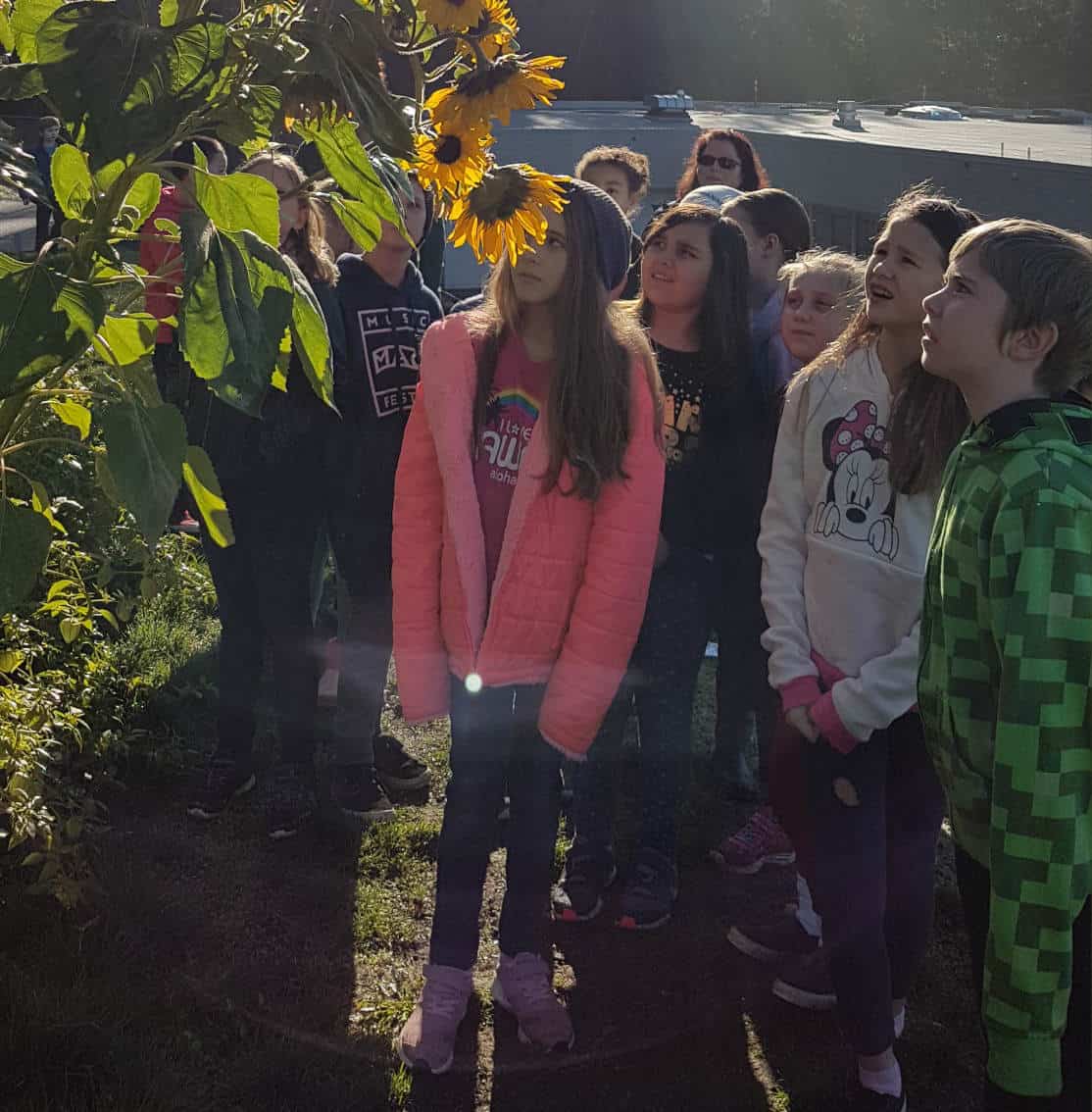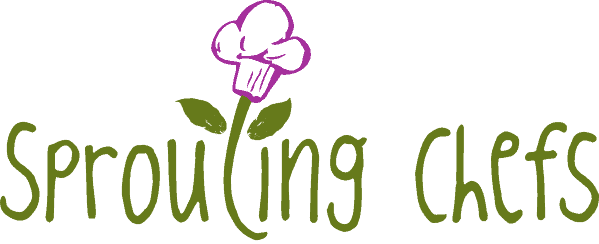Garden Programs for Youth
Learning * Planning * Planting * Harvesting * Cooking
School Garden Consultations
Starting a garden project in a school that is yet to see many flowers let alone some grass can be a daunting task. Knowing where to start, what the vision is and what a school needs to make a project successful and sustainable are all tricks in my garden bag. A consultation can include:
- How to start and prepare a vision for your project
- Site Assessment and Project Feedback based on a facilitated visioning conversation with your group
- Interesting ideas of how to engage the staff, students or parents of a school garden project
- Ways of tackling the issues a school district or community might have preventing the project to move on to the planning stage to the building of excitement stage
- A PDF Manual and Guide that is customized to your school community
- Cost: $250 includes a 1 hour meeting and site visit with your school based group


Wellness and Sustainability Program

This program is offered to a whole school community starting with up to 10 divisions . A Sprouting Chefs Garden Educator can facilitate classes (1 class division at a time) throughout the year, 4 days per season for up to 4 classes per day. Contact us for pricing details.
Bringing the classroom outside to the garden throughout the year to engage students and enhance the BC Curriculum as well as many Core Competencies including: Personal Awareness and Responsibility through learning about Self-regulation and Well-being in an outdoor classroom setting is the goal of this program, Communication, Personal Awareness and Responsibility & Positive and Cultural Identity.
Students learn the health benefits of veggies growing in their garden as well as the social emotional aspects of what it means to be Patient while seeds are growing, Trusting that whatever happens, all will be well, and Forgiveness when something does not go plan which all result in developing the whole child’s mental, physical and emotional health and well-being.
Fall Season (October, November)
Starting in the Fall, schools can sign on to have Sprouting Chefs facilitate classes that can include a variety of garden-based learning activities depending on the month and season. Teachers can also choose a variety of social emotional heart based classes including:
Virtue Discussions: Gratitude (October), Peace (November)
- Class discussions on what we can be grateful for that nature provides for us, what the garden has provided, what we are grateful for in our lives, ourselves and how we can be in a state of Thanksgiving
- Peace Talks: what does it mean to be at peace globally, locally, in our classroom and within ourselves. Breath work is also explored in this class which helps develop Mental Well Being and Anxiety Management as part of the Big Ideas in Curricular Competencies
Garden Activities: Communication Competency Profiles/Project Place Based and Experiential Learning
- Putting the garden to bed
- Planting Garlic
- Harvesting Fall Crops
- Seed Saving
- Adding Mulch to the garden
- Soil Saving activities
- Creating a Winter Garden
- Building a Hoop House


Winter Season (January/February)


Virtue Discussions: Trust/Faith (January), Love (February)
Trust/Faith Talks: It all starts with a seed…or does it? Having faith in ourselves, in the garden and in the future is the first step to any new project. Setting intentions for the year ahead is also discussed. (Wel-being, Self Identity Core Competencies)
Love: How can we love the earth while growing our school garden? What does it mean to love ourselves through this process? How can we express love for each other in the garden and with food? (Personal Awareness and Responsibility Core Competencies)
Garden Activities
- Planning the Garden
- Seed Inventory
- Choosing what to grow in the garden
- Measuring and Mapping the Garden
- Waste Management via Worm Bin Farms
- Becoming a Local Changemaker via the Sustainability Development Goals
Spring Season (March, April, May)
Virtue Discussions: Compassion
How can we show compassion to the plants in the school garden? What does it mean to have compassion for others? How can we have compassion for ourselves? (Communication Core Competency)
Garden Activities
- Planting the Veggie Garden– peas, spinach, salad greens, Asian vegetables, chard, kale, all can be planted in the Spring for a harvest and tasting classes in June
- Activities can include learning about: Biodiversity in the garden, Bees and Worms, Soil Ph, Climate Change, Companion Planting, First Peoples Principles Place Based Learning, Crop Rotation, Measuring and Mapping the Garden, Math in the Garden, Composting, Parts of the Plant
- Classes are up to 1 hour long where a class group plants a crop and learns one of the activities that is grade level appropriate


Late Spring (May/June)


Teachers can choose either Virtue Discussions or a Garden Activity. Each activity is 30 minutes.
Virtue Discussions: Courage and Confidence
As the Grade 7’s enters their final stage of being in elementary and look ahead to their new adventures in high school, these discussions explore what it means to have courage and confidence. Vulnerability and worthiness are also explored in these discussions. further developing social emotional well being, self regulation and mental health.
Garden Activities
- Harvesting and Tasting Classes
- 30 min classes where Grade Level groups visit the garden with a garden educator from Sprouting Chefs to learn when a crop is ready to harvest
- Nutrition Classes featuring local seasonal items
Benefits of Seed to Table Program
Incorporates Social Emotional Learning, Place Based Learning, Experiential Learning as well as Project Based Learning.
Testimonials




